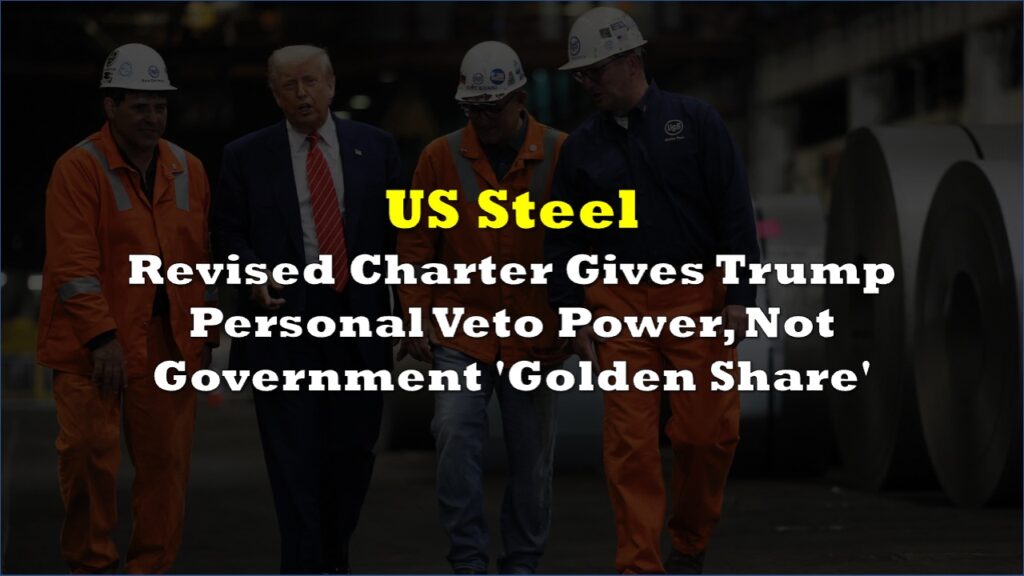In a bold and controversial move, U.S. President-elect Donald Trump reportedly aims to revive the Keystone XL oil pipeline on his first day in office, according to sources close to his transition team. The 1,200-mile pipeline, once designed to transport crude oil from Alberta, Canada, to refineries in Nebraska, became a flashpoint in the U.S. energy debate before its cancellation in 2021.
However, experts and critics argue that the project is more symbolic than practical, given the current economic and logistical realities.
The Keystone XL pipeline has long been a lightning rod in U.S. politics. Initially proposed by TC Energy (formerly TransCanada), the project faced years of delays, protests, and legal challenges. Former President Barack Obama rejected the pipeline in 2015, citing environmental concerns, while Trump overturned the decision in 2017 during his first term.
President Joe Biden promptly rescinded the permit upon taking office in 2021, marking a significant victory for environmental activists. TC Energy subsequently abandoned the project, removing portions of the pipeline that had already been installed and pursuing $15 billion in damages through arbitration.
Now, Trump appears determined to resurrect the pipeline, not necessarily for its practical utility but as a statement of his pro-oil, anti-Biden stance. “It’s on the list of things they want to do first day,” a source close to Trump’s team said, emphasizing the symbolic importance of the move.
👀 “Donald Trump is looking to revive the Keystone XL oil pipeline on his first day back in the White House, according to three people familiar with the president-elect’s plan, even though no companies are trying to build it anymore.”
— Rory Johnston (@Rory_Johnston) November 21, 2024
ARISE! pic.twitter.com/Jtu2jxwFnR
Challenges
Since its cancellation, the landscape of North American energy has shifted significantly. U.S. oil production reached record highs in 2023, with domestic supply reducing the urgency for imported Canadian crude. Meanwhile, Canada’s Trans Mountain pipeline expansion has provided a vital export route to the West Coast, further diminishing the need for Keystone XL.
“Replacing the pipeline would be starting from scratch,” said Jane Kleeb, chair of the Nebraska Democratic Party and leader of Bold Alliance, which opposes the pipeline. “When the federal permit got revoked, we didn’t just celebrate—we went all the way through the court system to ensure the easements were returned to landowners.”
Moreover, TC Energy has spun off its oil pipeline business into a new entity, South Bow Energy, and no major company has signaled interest in reviving Keystone XL. South Bow declined to comment on any discussions with Trump but stated its commitment to transporting Canadian crude safely.
“The economic case just isn’t there,” said Andy Lipow, president of Lipow Oil Associates. “Global oil demand growth is slow, and OPEC has significant spare capacity, which undercuts the need for a new pipeline.”
Even if a company were willing to take on the project, it would face substantial hurdles, including acquiring new permits and negotiating land rights. Past efforts to secure land for the pipeline drew fierce resistance, particularly from farmers and ranchers in Nebraska, who objected to the use of eminent domain.
“Landowners remember the fight,” Kleeb said. “The backlash against taking private land for corporate profits would be as strong as ever.”
Environmental or political?
Environmentalists are bracing for a renewed battle. The pipeline’s initial cancellation was celebrated as a major step toward combating climate change, and activists argue that reviving it would be a regressive move.
“Keystone XL is a symbol of the fossil fuel era we need to leave behind,” said a representative from Greenpeace. “Trump’s plan to bring it back ignores the reality of the climate crisis.”
In contrast, Trump and his supporters view the pipeline as a testament to his administration’s commitment to energy independence and infrastructure investment. “Everyone in the country knows what the KXL pipeline is,” said a source from Trump’s team. “It’s energy. It’s infrastructure. It’s construction.”
Trump’s push for Keystone XL is widely seen as a political gesture aimed at energizing his base and challenging Biden’s energy policies. However, experts caution that the symbolic value may not translate into real-world feasibility.
“Much of the impetus for Keystone XL no longer exists,” Lipow said. “The market has changed, and so has the infrastructure landscape.”
Information for this briefing was found via Politico and the sources mentioned. The author has no securities or affiliations related to this organization. Not a recommendation to buy or sell. Always do additional research and consult a professional before purchasing a security. The author holds no licenses.










One Response
So what is the answer? Yes to a pipeline or No? And who will construct it?